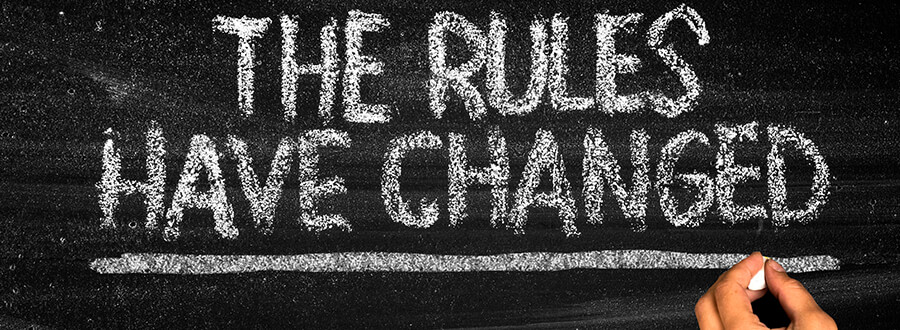Key Points
- The CFPB final rule clarifies how and when debt collectors can communicate with consumers and information companies must provide at the onset of collecting a debt.
- The ruling updates permitted communication channels to include electronic means such as email, social media, and text messaging.
- The new ruling aims to give consumers more control of when and how debt collectors communicate with debtors.

After an extensive review of debt collection practices and consumer complaints, the CFPB (Consumer Financial Protection Bureau) finalized a ruling to update the FDCPA. The initial FDCPA (Fair Debt Collection Practices Act) became law in 1977 to prevent unfair and abusive practices from debt collection companies.
Communication methods have changed, and consumers connect differently than they did four decades ago. The final rule, made in November 2020, gives debt collectors access to electronic means of communication while giving consumers control over when and how a debt collector communicates.
What Issues Does the Final Rule Address in Debt Collections Practices?
The CFPB, which regulates the debt collection industry, made a final ruling that addresses four areas of debt collection:
- Clarifies what information a debt collector must provide before beginning any collection efforts.
- Addresses electronic means of communication, allowing debt collectors to contact consumers by electronic means, provided they offer a simple and straightforward way to opt-out. Consumers must opt-out of any methods of contact they oppose. The ruling also limits calls from debt collectors to 7 calls in any given 7-day period for each account. The company must also go seven days without contact after speaking with the consumer.
- Prohibits passive debt collection techniques, which prevents the reporting of any debt to a credit bureau before a consumer has the opportunity to dispute the debt.
- The ruling bars a company from suing or threatening to sue a consumer for a time-barred debt, or debt that has passed the legal statute of limitations.
Why Now?
The CFPB addresses pertinent issues that have resulted in abusive and unfair debt collection practices while updating the legal standard to account for new technologies. While companies may now utilize these modern communication channels, businesses must ensure it offers opt-out options, remains compliant with mandatory wording, and preserve the consumer’s privacy.
Which Debt Collectors Does the Rule Affect?
There are two types of debt collectors: first- and third-party.
First party debt collectors use in-house employees and collect debts on their behalf. A first-party debt collector could be the original creditor or a debt buyer who purchases the account.
Third-party debt collectors call on behalf of the creditor who owns the account, and many creditors contract with third-party agencies for their debt collection needs.
The status of the debt collector matters because the FDCPA directly impacts third-party debt collection agencies. However, many first-party debt collectors use the FDCPA as a guideline for their in-house debt collection policies.
How These Changes Apply to You
The new rule gives you more control over communications. However, a debt collector can initiate contact from any electronic channel, in addition to telephone and traditional mail. While the ruling paces a limit on phone calls, there was no limit on electronic communications, which could leave you receiving multiple interactions each day via different channels.
It is up to you to opt-out of any communication methods you find harassing. The opt-out requirement involves more work, and you will have to repeat the opt-out process for each account and each time the debt changes hands, which could be as often as every 90 days.
The specific limit on phone calls alone can create an oppressive situation if you have multiple debts in collection because you could conceivably receive one call per day for each debt.
The changes can make it easier to deal with past debts by providing options outside of talking with a debt collector. Suppose you still find the idea of managing payoffs and late payments intimidating. In that case, you could bypass the whole process by working with a debt settlement company and letting them deal directly with your creditors.
